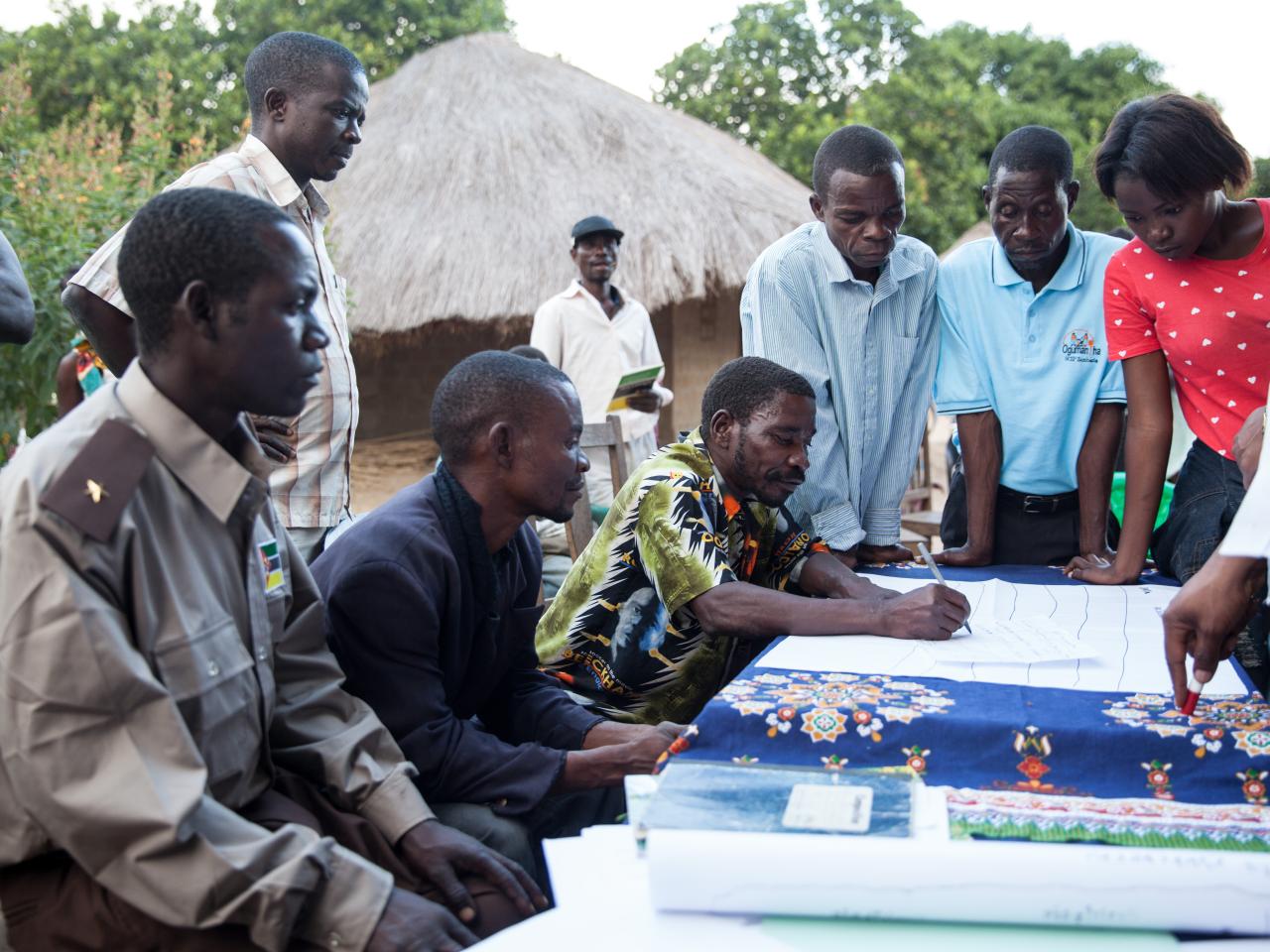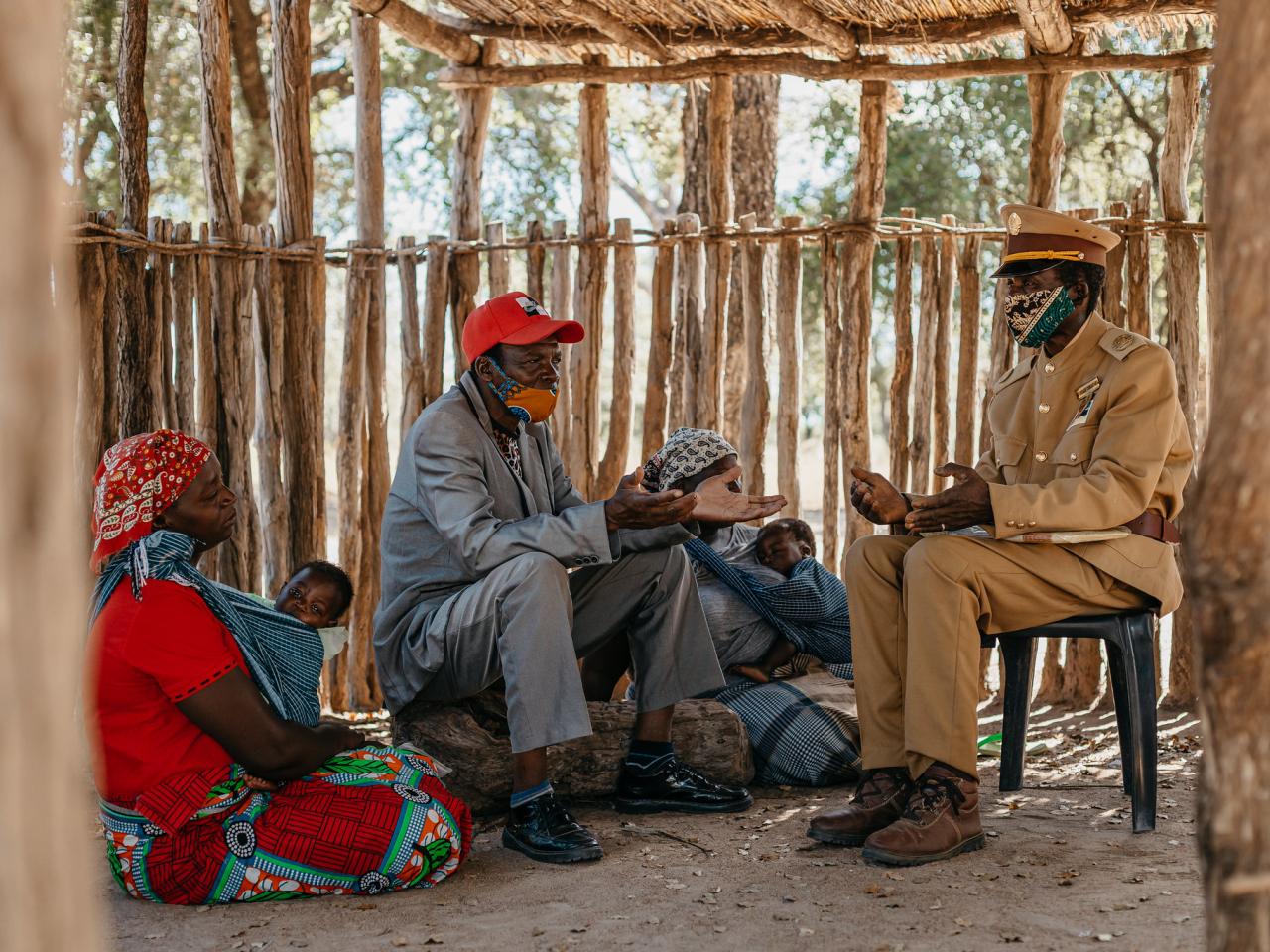"Leave No One Behind" documentary: taking health and care services to isolated communities in Mozambique
In Mozambique, with the support of the Spotlight Initiative, thousands of women and girls now have access to Mobile Clinics and Care Centres with integrated services (health, justice, social services, among others) available for survivors of gender-based violence. This multisectoral response is also reaching women living in the most isolated parts of the country. These efforts seek to ensure that no woman is left behind.
In "Leave No One Behind", a two-part documentary, we learn about the impact that services provided by Care Centers and Mobile Clinics have on the health and lives of Mozambican women and girls, through the voice of those who provide and receive these services.
PART 1 - RESCUE: The mobile clinics reaching Mozambique’s most isolated survivors of gender-based violence. In "Rescue", hit the road with the dedicated women and men who travel the country providing life-giving care.
PART 2 - SURVIVE: Breaking the cycle of violence against women and girls in Mozambique. In "Survive", listen to Josefina and Ivone's stories, two of the thousands of women living in remote parts of Mozambique who received life-saving care from Spotlight Initiative.
The Spotlight Initiative is a global initiative of the United Nations which has received generous support from the European Union. In Mozambique, the Initiative is led by the Ministry of Gender, Children and Social Action (MGCAS) and implemented in partnership with the United Nations and some 20 Civil Society Organizations. Government institutions in the social welfare, health, justice and police sectors are the Spotlight Initiative backbone. Together, these institutions guarantee access to improved GBV response, counselling and sexual and reproductive rights services to over one million women.


